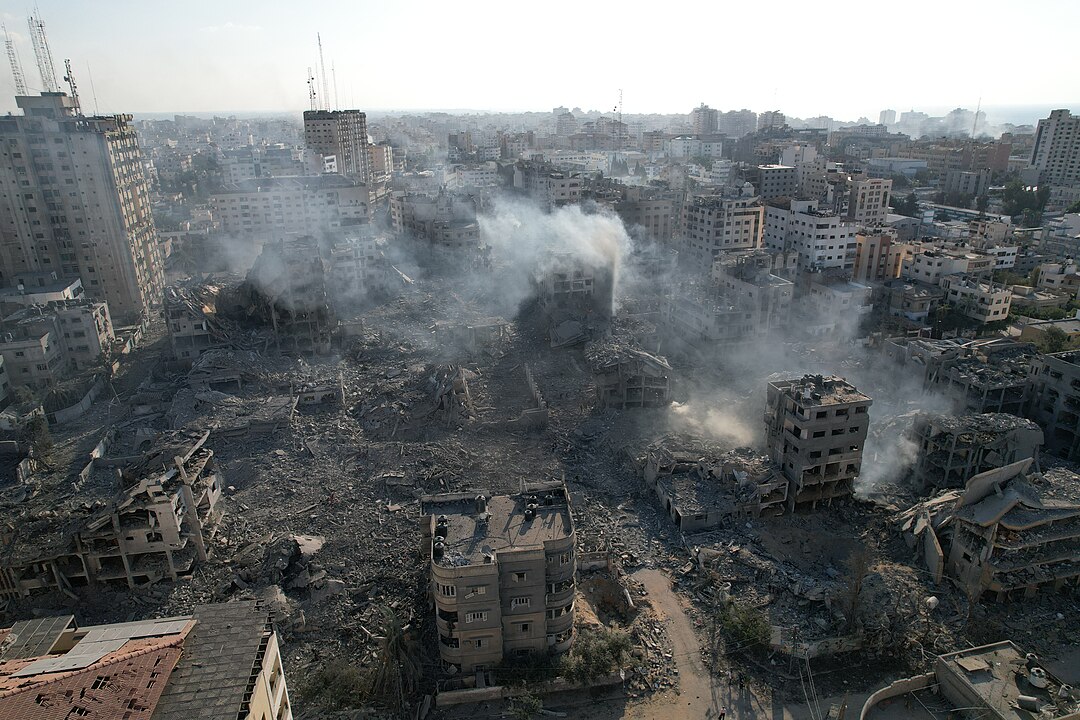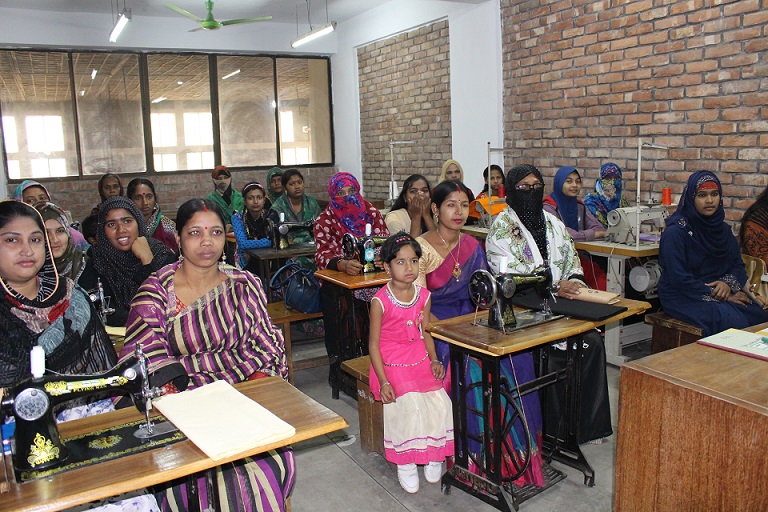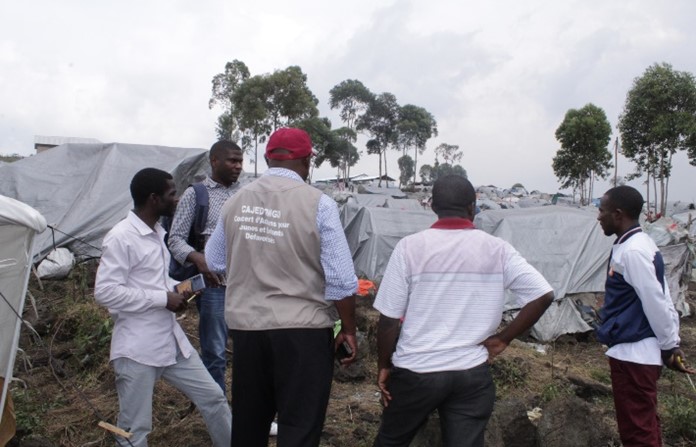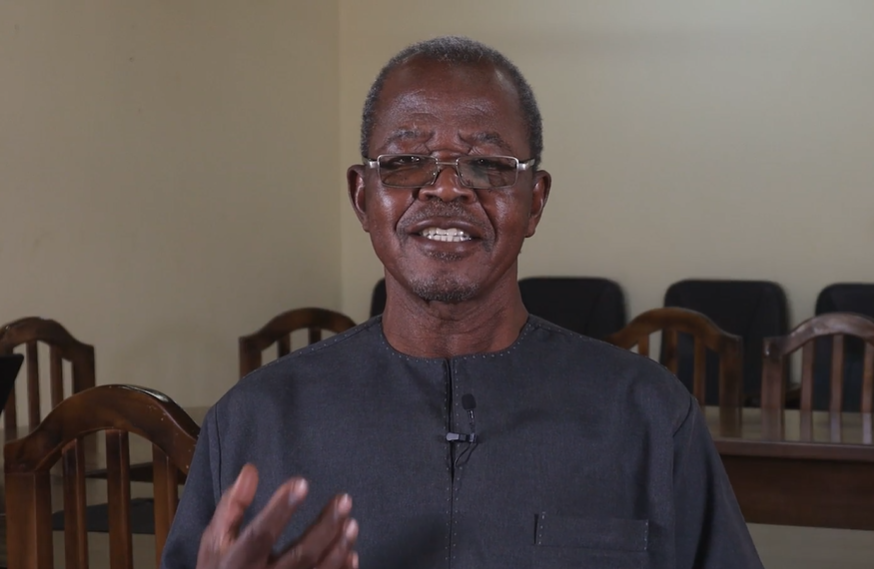Israeli-Palestinian conflict: a reflection of our times

During these awful days of war, the Emmaus movement would like to express its heartfelt solidarity and compassion for all the victims of this new spiral of violence in Palestine. It was unleashed on Saturday 7 October by acts of unprecedented violence, committed by Hamas against Israeli and international civilians. Mass killings and hostage-taking are crimes and must be condemned as such.
However, this outburst of violence cannot be understood without considering it within the context of a conflict that dates back more than 70 years, marked by repeated violations of international law, the expulsion and displacement of civilian populations as part of Israeli colonisation, and an endless succession of wars and outbreaks of violence between all the parties involved. Throughout this conflict, atrocities have been committed by all sides.
Today, the Israeli government’s initial response constitutes new crimes under international law, and the first victims will inevitably be the civilian inhabitants of Gaza – a population of over 2 million people who have been trapped for over 15 years in an area the size of a large city.
The Emmaus movement has been committed to defending peace and friendship between peoples for over 70 years. It has a duty to reiterate, as it has done on numerous occasions throughout its history, that the conflict in Palestine cannot be resolved in the long term, nor can security be fully restored in the region, unless equal rights are recognised for all. Moreover, this cannot be achieved unless all the parties involved finally agree to negotiate in good faith based on the United Nations General Assembly resolutions and, in particular, the two-state solution.
The Emmaus movement is calling for an immediate end to hostilities, the release of all hostages and an end to all retaliatory measures affecting civilian populations that violate international law, such as the blockade of Gaza and the bombing of civilian homes and infrastructure. We also call on the international community as a whole not to play into the hands of those who seek to use the conflict to make political gains from the escalating violence, and for it to shoulder its responsibility to relaunch a peace process in the region.
On a more general note, the Emmaus movement has been sounding the alarm about the increasing instability in the world since the early 2000s. The root causes of all the ills that have hit the world particularly hard over the last 20 years – terrorism, forced exile, attacks on democracy and repeated human rights violations – lie in the rise in inequality and governments’ failure to shoulder their responsibility to safeguard peace and foster human development.
It is despair that drives some people to take up arms and commit the most heinous crimes. Despair in the face of injustice and a failure to share resources, despair due to worsening poverty which, for the poorest people, is passed on from one generation to the next. Despair and anger at the fact that some people on this planet lack everything, while others accumulate and grab all the resources solely to become more powerful.
Our movement’s founder, Abbé Pierre, stated “Always before active violence there is the passive violence of those who have, and who are the first offenders when they do not take action for the human development of others” (Conference in Toulouse, 11 May 1976). In light of the situation in Palestine, once again we can see how poignant these words are.
Declaration adopted by the Emmaus International Board – 16 October 2023
Photo : Damage in Gaza Strip during October 2023 – Wikipedia


